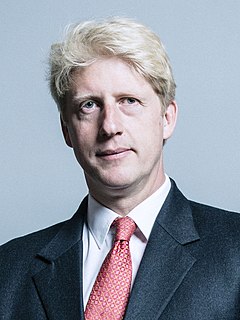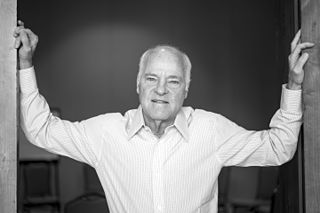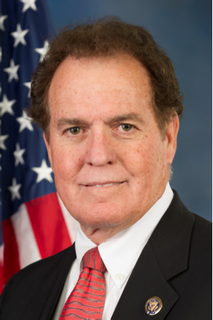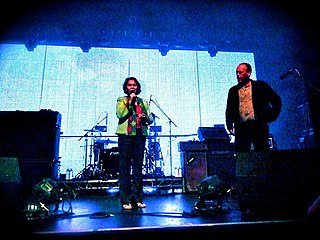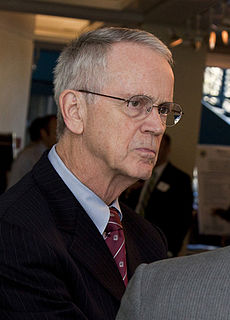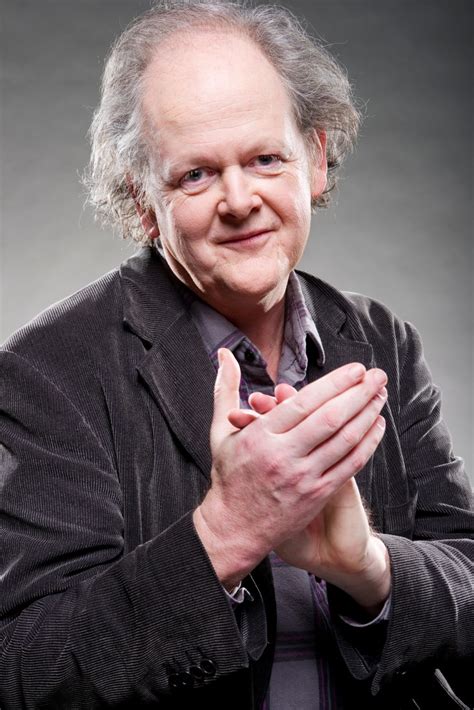A Quote by Jo Johnson
It is of course true that many of our universities are large and complex organisations, requiring highly skilled individuals to run them effectively.
Quote Topics
Related Quotes
I don't think one can accurately measure the historical effectiveness of a poem; but one does know, of course, that books influence individuals; and individuals, although they are part of large economic and social processes, influence history. Every mass is after all made up of millions of individuals.
Some years ago I was struck by the large number of falsehoods that I had accepted as true in my childhood, and by the highly doubtful nature of the whole edifice that I had subsequently based on them. I realized that it was necessary, once in the course of my life, to demolish everything completely and start again right from the foundations if I wanted to establish anything at all in the sciences that was stable and likely to last.
The impediment to scientific thinking is not, I think, the difficulty of the subject. Complex intellectual feats have been mainstays even of oppressed cultures. Shamans, magicians and theologians are highly skilled in their intricate and arcane arts. No, the impediment is political and hierarchical.
Main thing is to publish. Blog, tweet, write, photograph, tweet, video, code, play around with data - or a combination of all of the above. a) it will keep your journalistic ‘muscle’ in practice. b) if you’re any good, you’ll get noticed. And bear in mind you can do these things at other places than conventional news organisations. Many businesses, NGOs, arts organisations, public bodies, universities, etc are now publishers of extremely high quality stuff. Good places to practise your craft before moving on.
We are unconscious of most of our body's processes, thank goodness, because we'd screw it up if we weren't. The human body is so complex, with so many parts...a system which is far more complex than we can fully imagine. The idea that we are consciously care-taking such a large and mysterious system is ludicrous.
